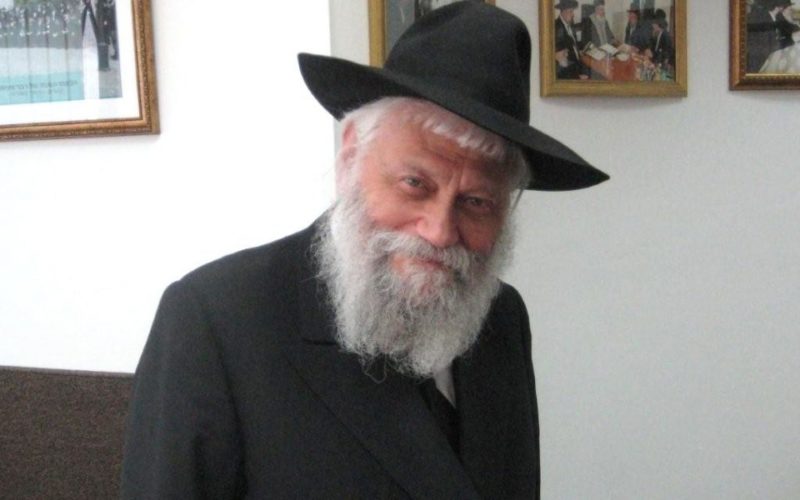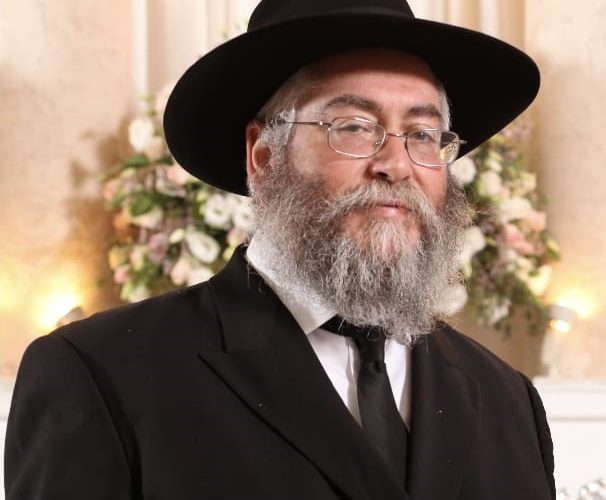Synagogue which housed Hitler Youth reopens

After decades of remaining empty, a synagogue in Poland, which was formerly used by the Hitler Youth (Hitlerjugend), reopened for the Jewish New year services. The synagogue is in Dzierֵ¼oniֳ³w, a town in southwestern Poland which used to be part of Germany.
The building, which was in danger of collapse, has remained deserted for over 25 years, but reopened for prayers on Friday. It reopened with the help and assistance of the Rabbinical Centre of Europe (RCE).
The synagogue in Dzierֵ¼oniֳ³w has a long and varied history and is a microcosm of events that have occurred in the region, especially regarding its Jewish presence.
The city, whose name when it was part of Germany was Reichenbach, came under Nazi control during the Second World War. The synagogue, like almost every other in the region, was in danger of demolition under the Nazis, so the Jewish community turned to a non-Jew, Conrad Springer, who worked as a maintenance man for the community to save the synagogue.
The community gave Springer money to purchase the synagogue from the authorities. The synagogue was thus converted into the local headquarters for the Hitler Youth movement – The Hitlerjugend.
After the war, when remnants of the Jewish community returned to Dzierֵ¼oniֳ³w, Springer returned the keys of the synagogue to them without a request for payment.
“I have finished my task, now the synagogue is returned to you,” Springer told the Jews who returned. Springer’s grandson, who now lives in Berlin, still maintains a good relationship with the Jews of the community to this day.
Many Jews came to Dzierֵ¼oniֳ³w after the Holocaust and it soon became such a thriving Jewish city that many called it “Little Jerusalem”.
The synagogue survived many other tumultuous events. In March 1968, anti-Jewish riots broke out in the town, inspired by the communist authorities and most of the community fled to escape persecution.
Only a handful Jews remained in the town, but the synagogue remained in use until 1984, when it finally closed for services. The building became dilapidated, surviving a fire, and was used as a rubbish dump by the local Poles.
In 2004, Rafael Elias Blau, a former resident set about returning the synagogue to its former glory. Blau enlisted the other 20 remaining Jews in Dzierֵ¼oniֳ³w and formed an association called “Beitenu Chai” (Our House Lives), which brought the synagogue and restored it.
“Now after five years since we bought the synagogue and restored it, and 25 years since a single prayer was heard, the synagogue will return to its original purpose with a festive Rosh Hashana (Jewish New Year) service,” said Blau excitedly.
A group of 50 Jews who were forced out of the town om March 1968 anti Jewish riots returned for the services. They arrived from Israel, the US, Sweden, Denmark and Germany. The services were held with the assistance of the RCE, which purchased all the necessary accruements for the occasion, including prayer books, prayer shawls and shofars (the ram’s horn blown during the New Year’s service).


